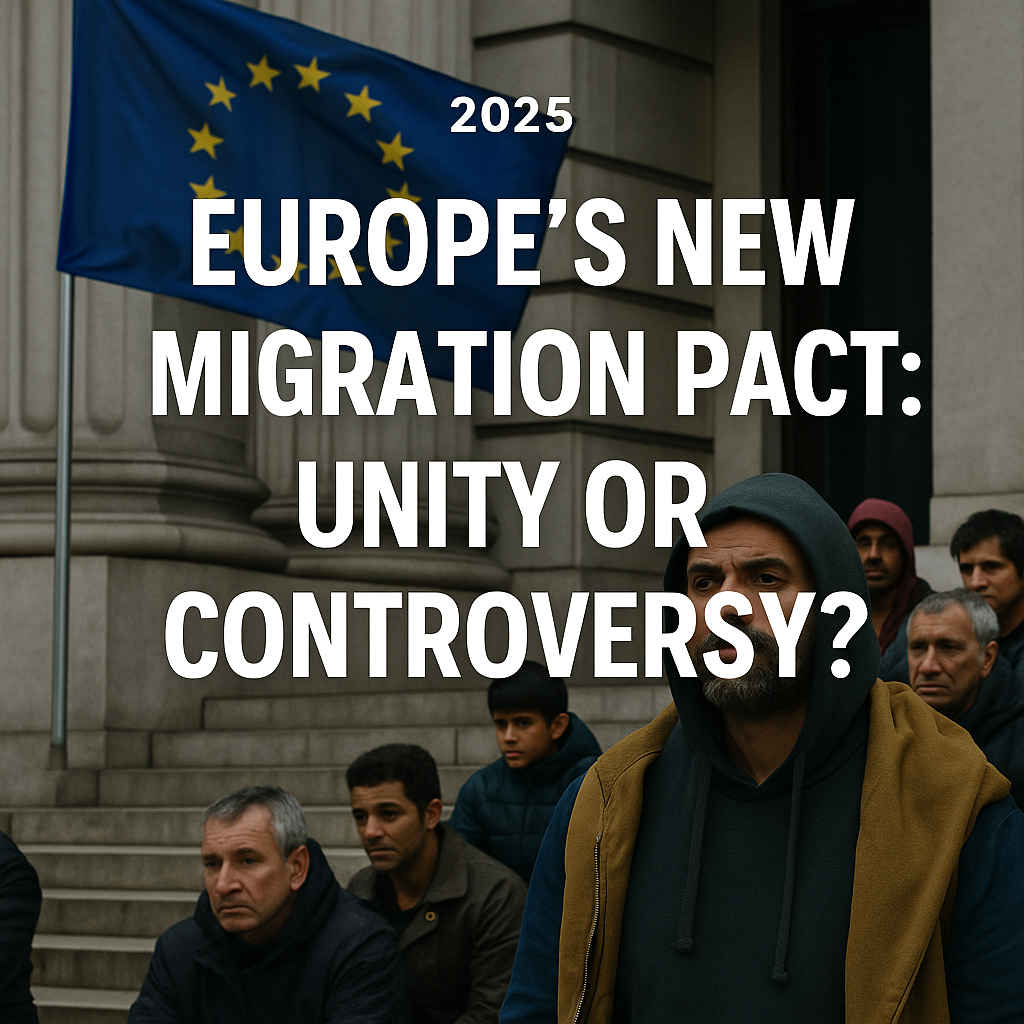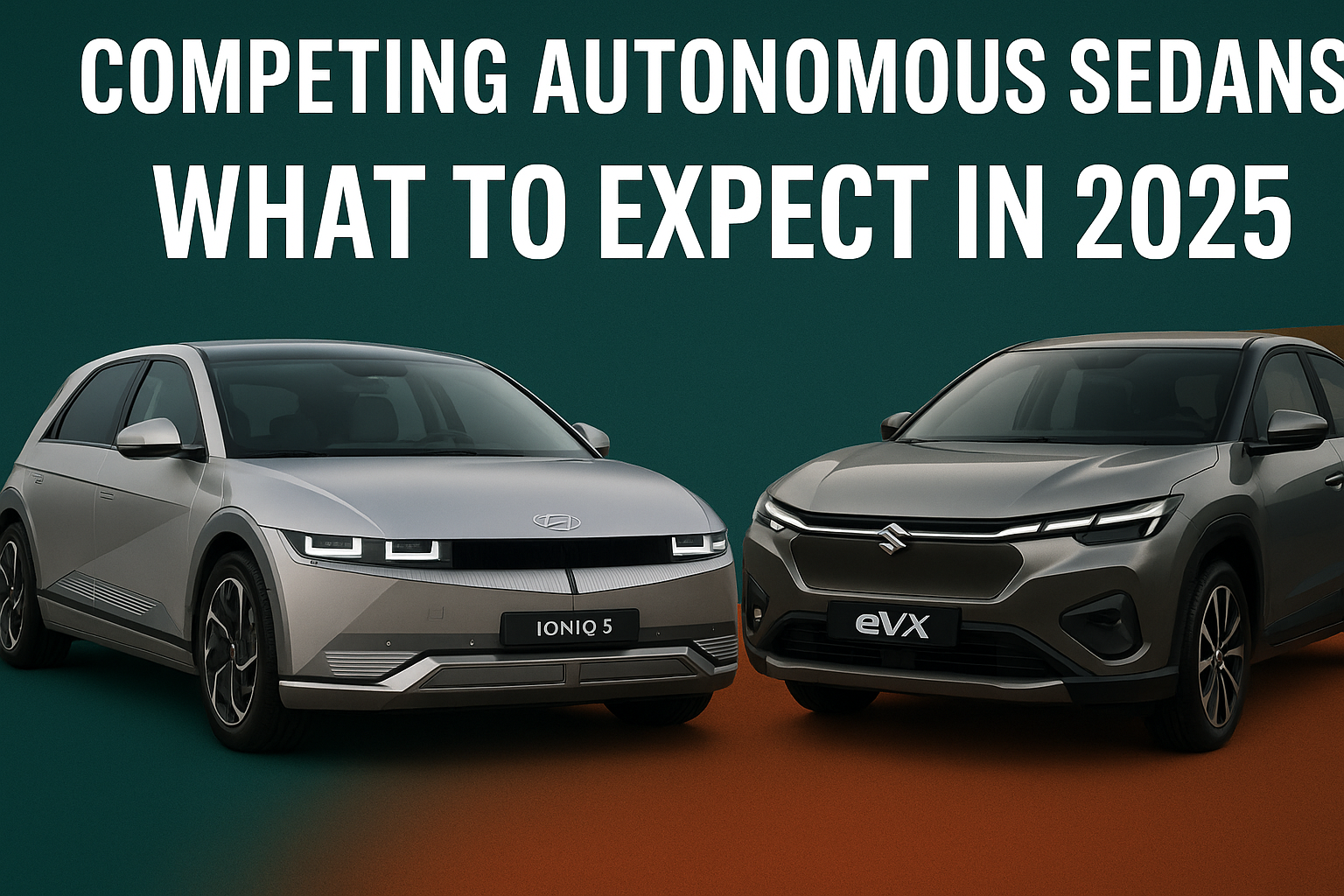In 2025, elections around the world are witnessing an unprecedented shift. Artificial Intelligence (AI) isn’t just a tool for predicting outcomes anymore—it’s reshaping campaigns, voter outreach, and even trust in democracy.
AI-powered tools are now being used by political parties to micro-target voters with precision. These algorithms analyze vast amounts of social media data, past voting behavior, and regional issues to tailor messages that hit home. While this enhances voter engagement, it also raises concerns about manipulation and misinformation.
Election commissions in some countries are piloting AI-based systems to detect fake news and deepfakes in real time. These systems use machine learning to flag and report suspicious content that could mislead the public or affect voter turnout.
Moreover, chatbots are being deployed by political candidates to engage in real-time conversations with voters—answering policy questions, clarifying stances, and even scheduling campaign events. The result? More accessible and responsive campaigning.
However, AI’s role isn’t all rosy. Ethical questions loom large. Who audits these systems? How can transparency be ensured? And what if the technology is misused to polarize societies?
Conclusion
As the world navigates this new landscape, the synergy between AI and democracy needs careful regulation. One thing is clear—technology will be an inseparable part of elections from now on, for better or worse.



